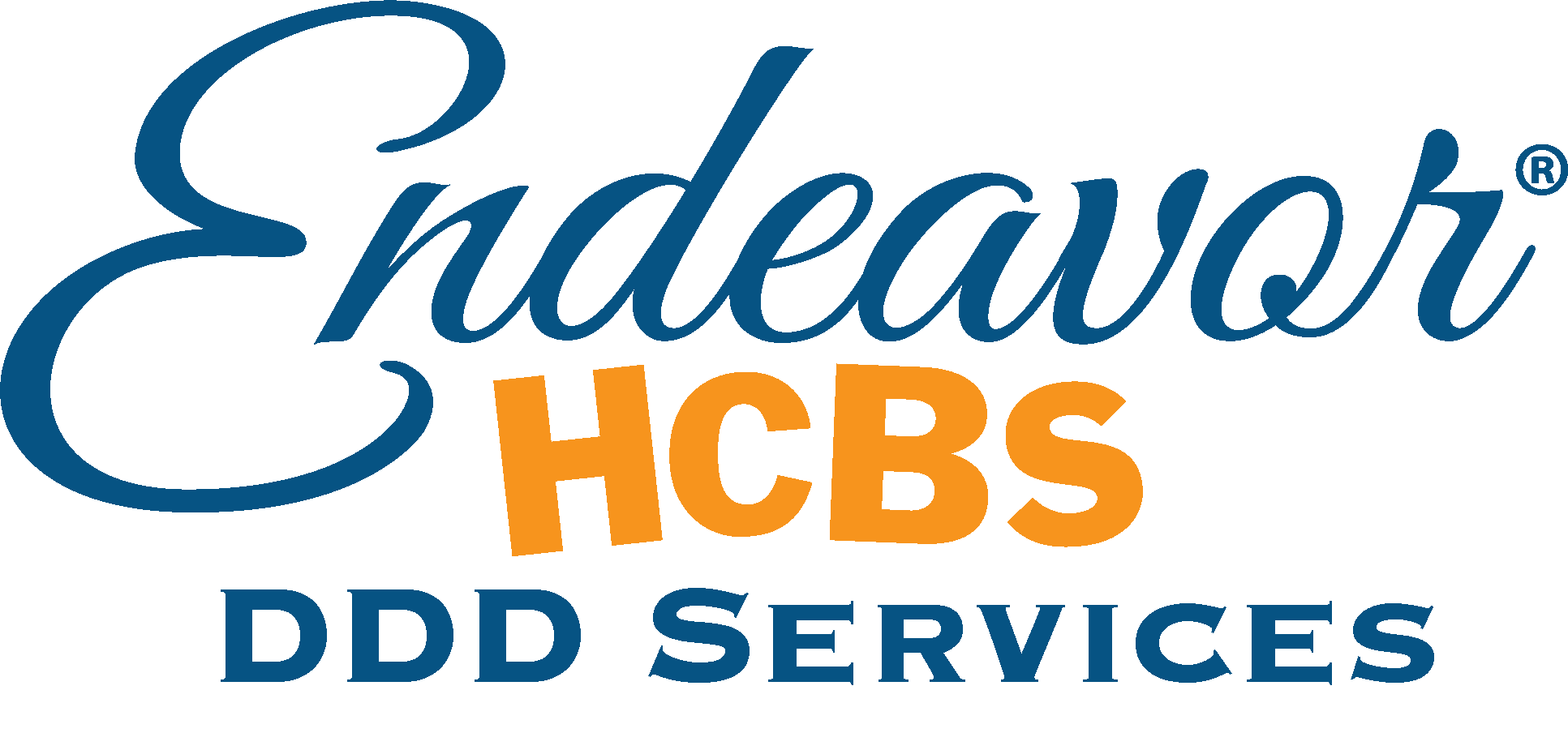 The National Academies of Sciences, Engineering and Medicine has reported that family caregivers are “routinely marginalized and ignored within the health care system.” With about 18 million family members providing care for senior loved ones, this report is alarming, as it points to the possibility that these seniors are at risk for harm due to possibly inadequate, uninformed family care.
The National Academies of Sciences, Engineering and Medicine has reported that family caregivers are “routinely marginalized and ignored within the health care system.” With about 18 million family members providing care for senior loved ones, this report is alarming, as it points to the possibility that these seniors are at risk for harm due to possibly inadequate, uninformed family care.
Here’s what can be done to ensure you are seen, heard, and given the right information and tools to help care for your elderly family members and keep them safe:
- Be sure to list your name and phone number in your senior family member’s medical records as an emergency contact.
- Tell your elderly loved one’s physicians what you are and are not capable of handling pertaining to his or her care.
- Set realistic expectations for care – i.e., if your work schedule leaves your loved one without care for a period of time, that needs to be addressed.
- Ask for training in the senior’s specific care requirements, such as dressing wounds or catheter care.
- Look for and access resources like disease-specific associations, the local Area Agency on Aging, and a trusted professional Arizona home care agency for supplemental/respite care.
It’s also important to clearly understand HIPAA (Health Insurance Portability and Accountability Act) regulations. There is a common misconception that as a result of HIPAA, family members are unable to obtain access to their older loved one’s medical records. The truth, however, is that if the older person has designated someone to serve as durable power of attorney for health information, it’s the obligation of doctors and hospital staff to share all medical records with that relative.
The final conclusion? Make certain you stand up for yourself and your elderly family member. Richard Schulz of the University of Pittsburgh suggests, “Advocate for your rights and make sure your caregiving contributions are recognized and supported to the extent they can be. You’re an important person in the health care system.”
Call on Endeavor Home Care at (480) 535-6800 for additional suggestions about providing the best care for your senior loved one, as well as support in filling in the care gaps with properly trained and skilled in home senior caregivers.


